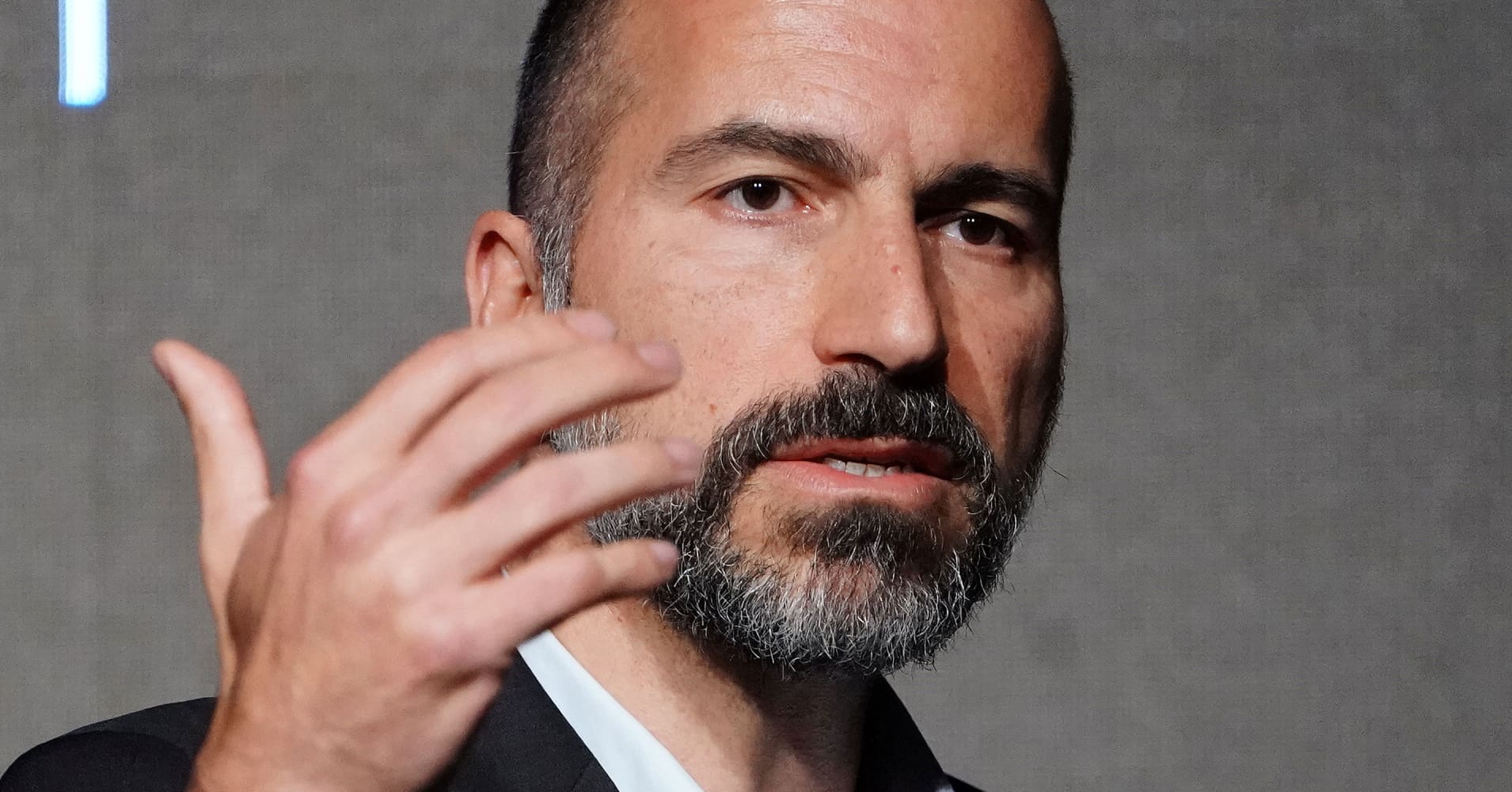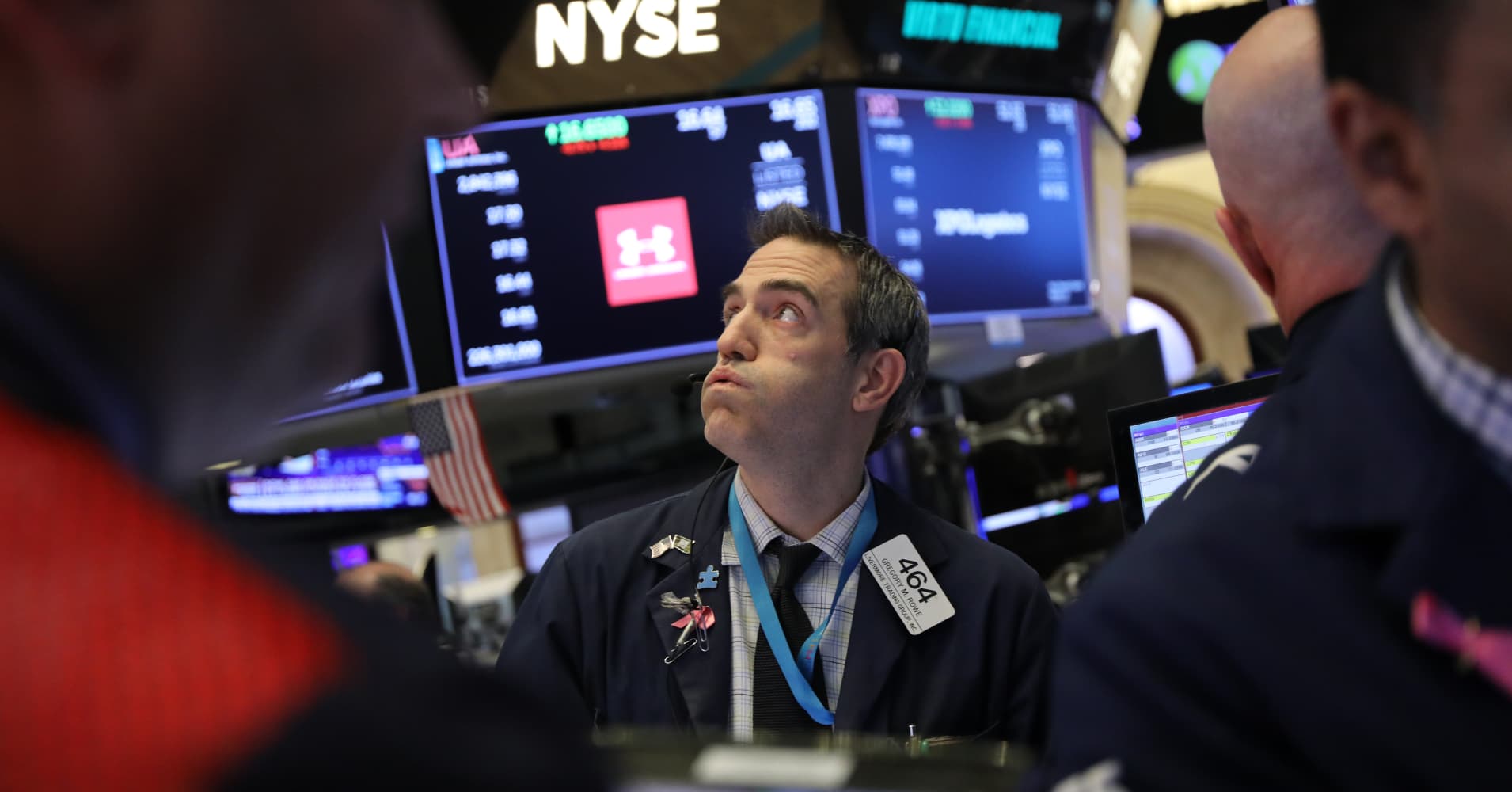
Uber (UBER) officially began trading Friday on the New York Stock Exchange, but stumbled out of the gate as its stock dropped below its $45 initial public offering price.
In Uber’s first test of whether it can transition from Silicon Valley unicorn to a publicly traded company while winning over a skeptical, volatile market, the stock — which priced at $45 on Thursday — gradually drifted lower from the $46-$48 indicated range prior the open.
In its first trade, Uber hit the market at $42 per share on the New York Stock Exchange (NYSE), effectively crashing out of the preferred range that it listed for its IPO of between $44 to $50.
In an interview with Yahoo Finance, NYSE COO John Tuttle said the first trade would be determined by a list of factors.
“I think a lot of things go into pricing an IPO. Market conditions and how two comparable companies perform in the market are two variables that are considered,” Tuttle said. That comparable company he’s referring to is ride-hailing competitor Lyft (LYFT).
Uber’s offering is the most eagerly anticipated of a wave of technology IPOs expected to hit markets this year. Yet the company has become the victim of circumstances beyond its control, with markets being roiled by fears of a U.S.-China trade war.
Meanwhile, Lyft’s disappointing stock debut has clouded Uber’s prospects.
Lyft’s maiden voyage as a public company in March immediately hit rough shoals: The stock opened near $90, but quickly sank to a low of $52.78. On Friday, its stock hit a record low, underscoring investor skepticism about how either company will make money in the near term.
Lyft’s woes — combined with the fact that virtually none of the tech unicorns are profitable at this juncture — is adding to Uber’s challenge. The company burned through $1 billion in the first quarter of 2019, Uber recently revealed in a regulatory filing, and has yet to chart a path toward making a profit.
“Reading the S-1 filings of these companies has been an eye-opening experience,” analysts at Bernstein noted last month.
Ride sharing accounts for just a sliver of U.S. vehicle miles traveled, which “is simultaneously the bull case and bear case here for these companies. Bulls on mobility services can claim almost limitless potential for penetration upside,” Bernstein said.
However, “Uber and Lyft each took almost a decade to get to their present scale, are seeing growth slow, and incinerate cash at impressive rates while showing modest operating leverage,” the firm added — all of which matters now that both have to report their business conditions on a regular basis.
Read more:
https://finance.yahoo.com/news/uber-ipo-to-begin-trading-on-nyse-135445721.html
2019-05-10 16:13:00Z
52780290677631





